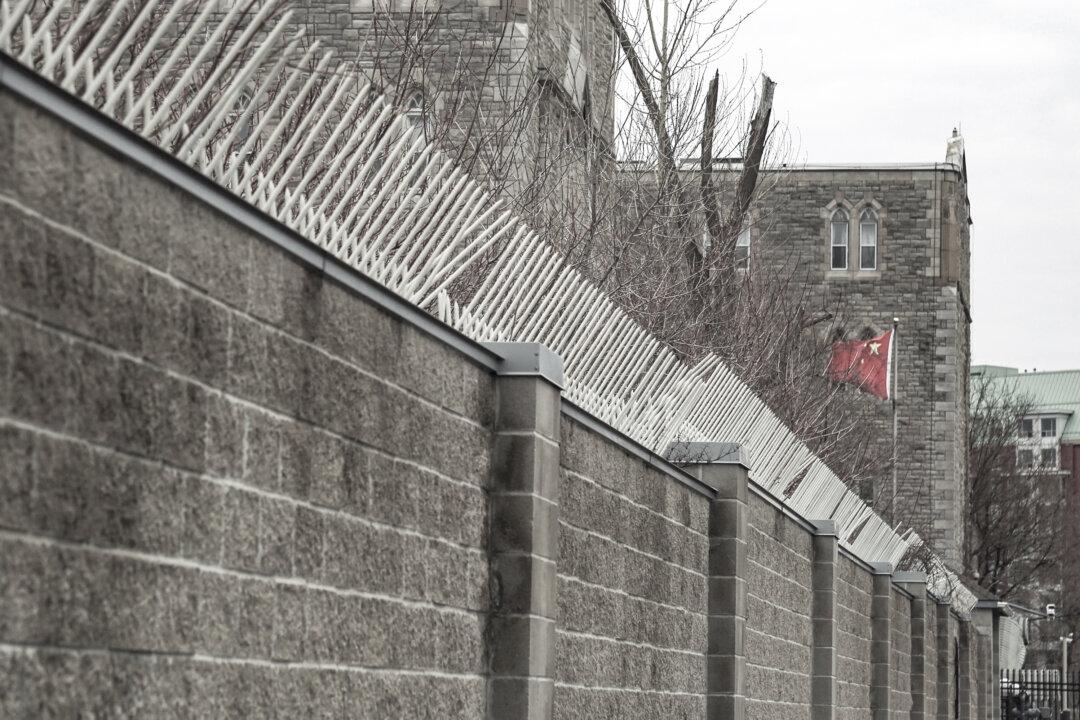The prime minister’s top security adviser prevented the distribution of intelligence reports related to Chinese interference on several occasions, according to the agency in charge of reviewing federal intelligence activities.
A disagreement on what constitutes foreign interference between intelligence analysis bodies and the National Security and Intelligence Advisor (NSIA) “played a role in those intelligence products not reaching the political executive, including the prime minister,” says a report from the security watchdog National Security and Intelligence Review Agency (NSIRA).





